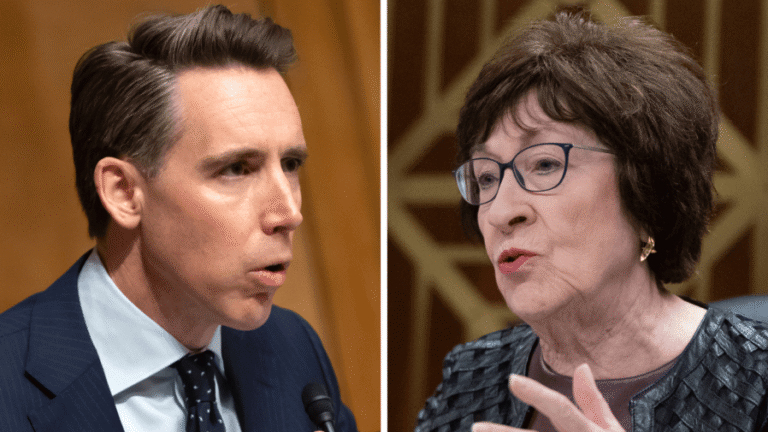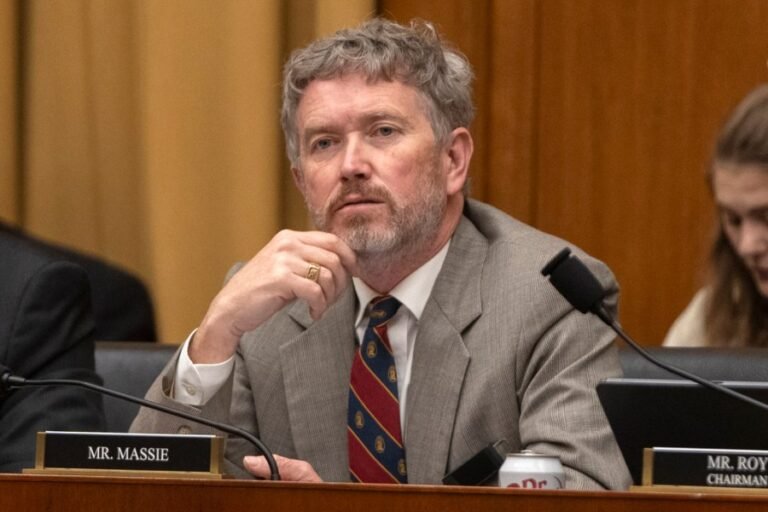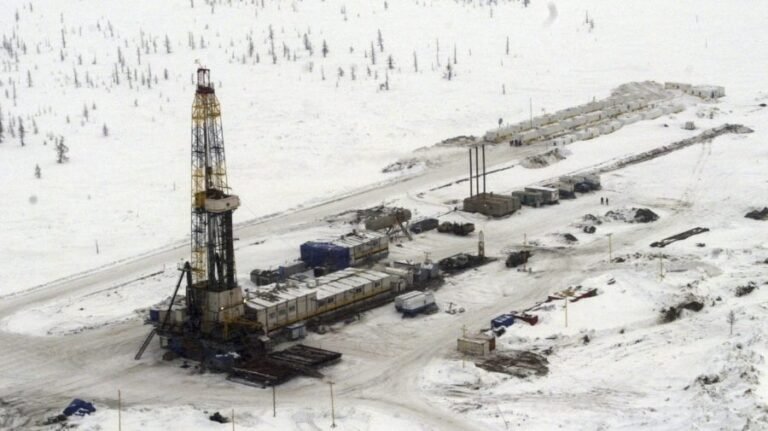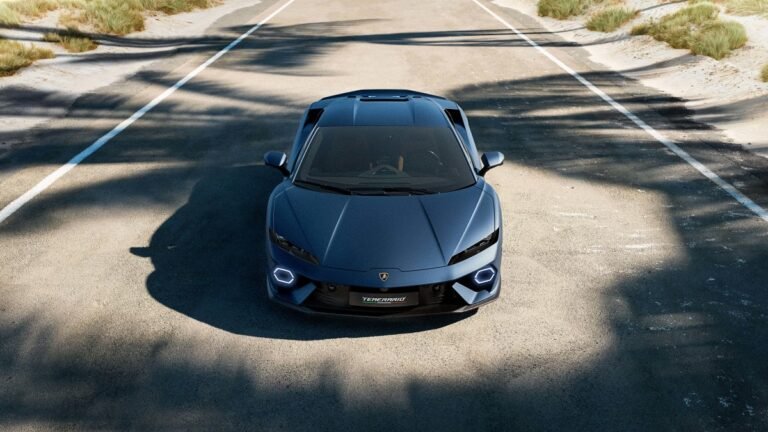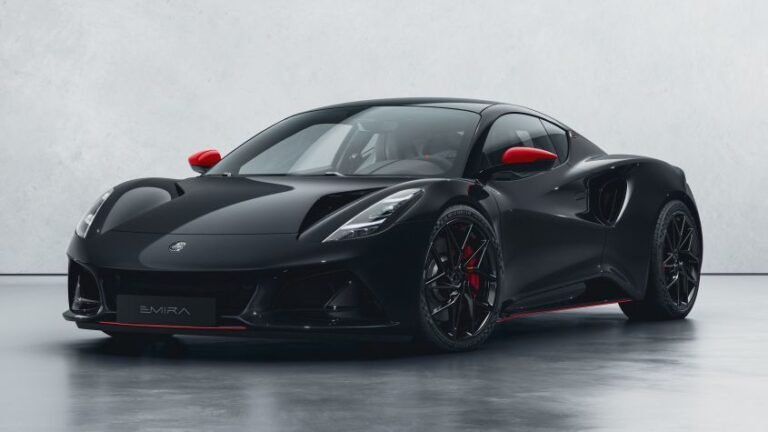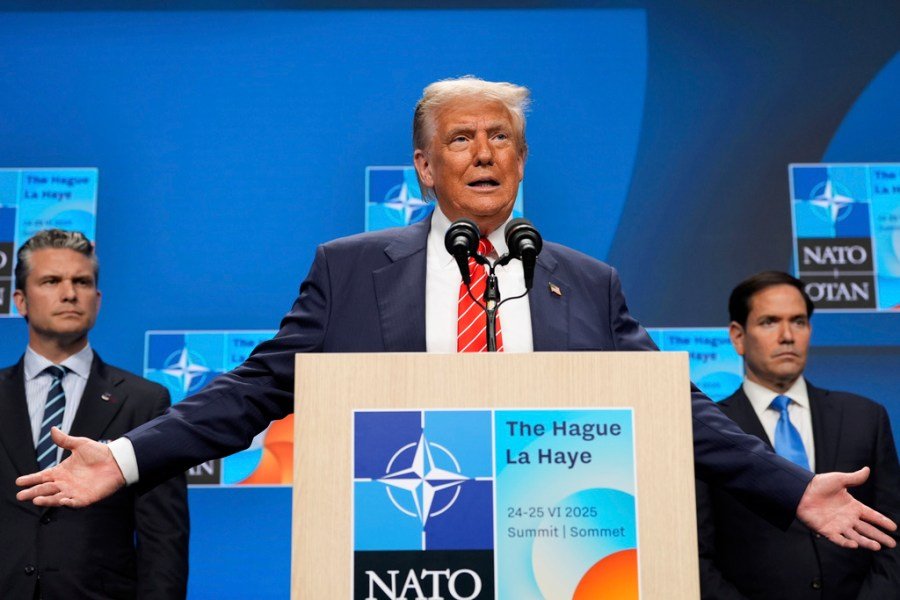
Remember how President Trump was going to destroy the NATO alliance? How Joe Biden was the trusted guardian of U.S. international relations? Remember Biden crowing, “We’re back?”
It turns out that Trump is back, and thank Heaven for that.
Trump has arguably just saved NATO, and possibly Europe. His triumphant return to the NATO stage — called by NPR the “Trump-dominated NATO summit” — should be celebrated by every American. He stood up for our country, as opposed to acting as a functionary of the global world order, and it worked.
NPR reported that the recent summit in the Netherlands is being called “transformational” and “historic.” They write, “If there were doubts that the United States runs NATO, the summit removed them.” They also quoted Finland’s President Alexander Stubb as saying, “We’re witnessing the birth of a new NATO.”
Has NATO been bullied by Trump? Yes — bullied into becoming a stronger, more effective alliance that will draw on the treasuries of its 32 member countries to beef up its mutual defense. No longer will it rely so heavily on the U.S. to counter Russia or other adversaries. With the U.S. still providing a needed backstop, Europe is taking charge of its own destiny, at long last.
NATO members have now agreed to hike their outlays on munitions and other defense items to 5 percent of GDP — an astonishing pivot from years of underinvesting, and also a huge win for Trump on an issue he has been raising for more than a decade. Europe’s free ride is over.
Further defying the incessant naysayers, Trump affirmed our country’s commitment to the alliance in a press conference afterward, calling NATO essential for the “safety of Europe and the safety of the world.”
In 2023, former Trump administration national security adviser John Bolton, whom Trump fired in 2019, predicted, “In a second Trump term, we’d almost certainly withdraw from NATO.” In 2024 the Brookings Institute quoted Bolton’s dire warning in a piece titled, “Could NATO survive a second Trump administration?” Their conclusion? “Most likely not — at least not with the United States as a committed ally and alliance leader.” The Brookings author explained that Trump “believes allies use their defense savings to bolster their industries, out-compete the United States in trade, and take American jobs.”
And of course, the Brookings author was all wrong, even though Trump is right in all of those beliefs. Yes, Europe has been freeloading for decades, relying on the U.S. to pay for the bulk of its defense and — to rub salt in the wound — also erecting tariffs and non-trade barriers to advantage its own industries. But those days are over. Both on defense and trade, Trump has lowered the hammer.
In 2017, the U.S. accounted for 51.1 percent of the allies’ combined GDP and 71.7 percent of their combined defense expenditures. More shocking: in 2017, the U.K. spent some $55.2 billion on defense, Germany $45.4 billion and France $45.9 billion; the United States shelled out $685.9 billion. What’s reasonable about that?
Eventually, some European countries got on board with the need to up their militaries. Earlier this year, Polish prime minister Donald Tusk addressed the European Parliament and said, “Don’t ask America what it can do for our security. Ask yourselves what we can do for our own security.”
Poland is one of the few countries in Europe spending 5 percent of its GDP on defense because, as Tusk said, “Poland … has such a long border with Russia and Belarus, and the friendly one with Ukraine, but a war border in a way at the moment.” He made the case: “If Europe is to survive, it needs to be armed. It is not our choice.”
Early in his 2016 presidency, Trump attended his first NATO meeting, and began a years-long push to get members to raise their spending. In 2014 the alliance had committed to raise defense spending to 2 percent of GDP by 2024, but only six countries at the time of the 2017 gathering had met that goal or even indicated a willingness to do so. Thanks in part to public shaming by Trump, by 2023, more than two-thirds of alliance countries were expected to hit that target.
Trump not only embarrassed NATO, he also refused to reflexively support Article Five of the 1949 Washington Treaty, which affirms that an attack against one “shall be considered an attack against them all.” That set off alarm bells.
The Brookings analyst noted that endorsing “Article Five is something American presidents ritualistically do, in part because Article Five does not commit allies to a specific action. However, American presidents other than Trump made clear the United States would come to the aid of an attacked ally with U.S. military force. That bolsters deterrence.”
He noted that Trump, at a campaign stop last year, threatened that if NATO members did not raise their defense outlays, he would “absolutely not” defend them, adding “I would encourage [the Russians] to do whatever the hell they want.”
What has been the fallout from Trump’s bullying of NATO? They have done exactly as he correctly wanted them to do, taking on an increasing share of the collective defense budget. In 2014, members other than the U.S. accounted for roughly 24 percent of total defense spending. By 2024 that portion had jumped to about 36 percent. That is a win, not only for the U.S. but for Europe as well.
Forcing Europe into self-reliance is essential to our ability to counter China. As Secretary of Defense Pete Hegseth told the Ukraine Defense Contact Group in February, “We also face a peer competitor in the communist Chinese with the capability and intent to threaten our homeland and core national interests in the Indo-Pacific. The U.S. is prioritizing deterring war with China in the Pacific, recognizing the reality of scarcity, and making the resourcing tradeoffs to ensure deterrence does not fail.”
NATO Secretary-General Mark Rutte texted Trump as he traveled to the NATO gathering, saying “Europe is going to pay in a BIG way, as they should, and it will be your win.”
Indeed.
Liz Peek is a former partner of major bracket Wall Street firm Wertheim and Company.
